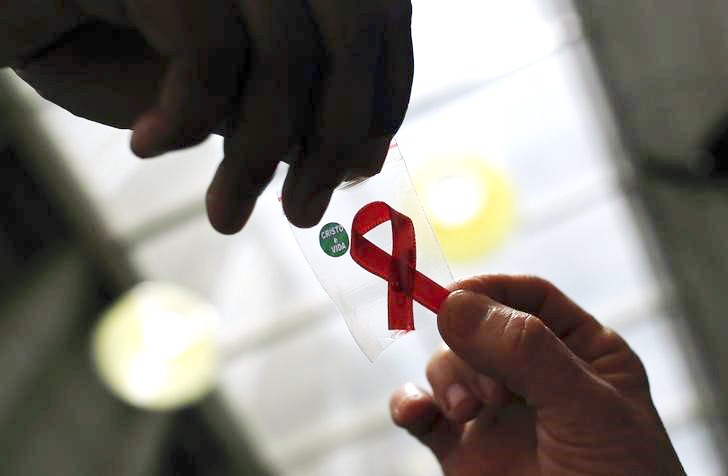
This was confirmed by figures from the Punjab Health Department. The data further showed that more than 8,076 new cases had been reported throughout the country from January 2016 to June 2017. Of the total, 3,878 cases were from Punjab, 2,521 cases from Sindh, 881 cases from K-P and 291 from Balochistan. Therefore, the total number of patients across the country stood at around 96,000.
Revamp: 'AIDS programme undergoing overhaul'
The data further showed that certain parts of Punjab, including Lahore, Dera Ghazi Khan, Multan, Rawalpindi, Gujrat, Faisalabad and Sargodha were among the most vulnerable areas.
A health department spokesman, while showing grave concern over the increase, said authorities had established rehabilitation centers in these areas. He added that due to the rigorous campaign of the department, many people avoided having multiple sexual partners and took other precautionary measures during blood transfusions or haircuts.

“Believe me, these minor precautions help a great deal in controlling the spread,” the spokesman added.
He stated people were earlier reluctant to register at rehabilitation centres due to the taboos associated with the virus. “However, people now understand there are various methods through which people contract the virus.”
He said awareness was the key to preventing AIDS among the youth. “Many AIDS patients do not receive appropriate support and care. Several others are unaware of preventive measures,” he added.
Punjab home to majority of Pakistan's AIDS patients
“Since the sex trade is illegal, workers involved in it do not hold screening certificates and that is one of the main reasons behind the spread,” he added. “Awareness is a key factor in stopping the spread and the health department is playing its role in this regard,” he assured.
A serious situation
Dr Ahmed Ali from Jinnah Hospital, however, believed that the data showed by the health department was just a flash in the pan. “The situation is far more serious,” he added.
He continued that they even failed to register barbers whose establishments are capable of spreading the disease. At the same time, we are treating patients who are frequently visiting illegal sexual partners and do not take precautionary measures. He said that if the data of Lahore’s hospitals was revealed, people would understand how AIDs is eating away at the young generation. “They cannot stop people visiting prostitution dens, so they have a responsibility to make individuals aware of preventive measures,” he concluded.
Published in The Express Tribune, September 19th, 2017.

















COMMENTS
Comments are moderated and generally will be posted if they are on-topic and not abusive.
For more information, please see our Comments FAQ